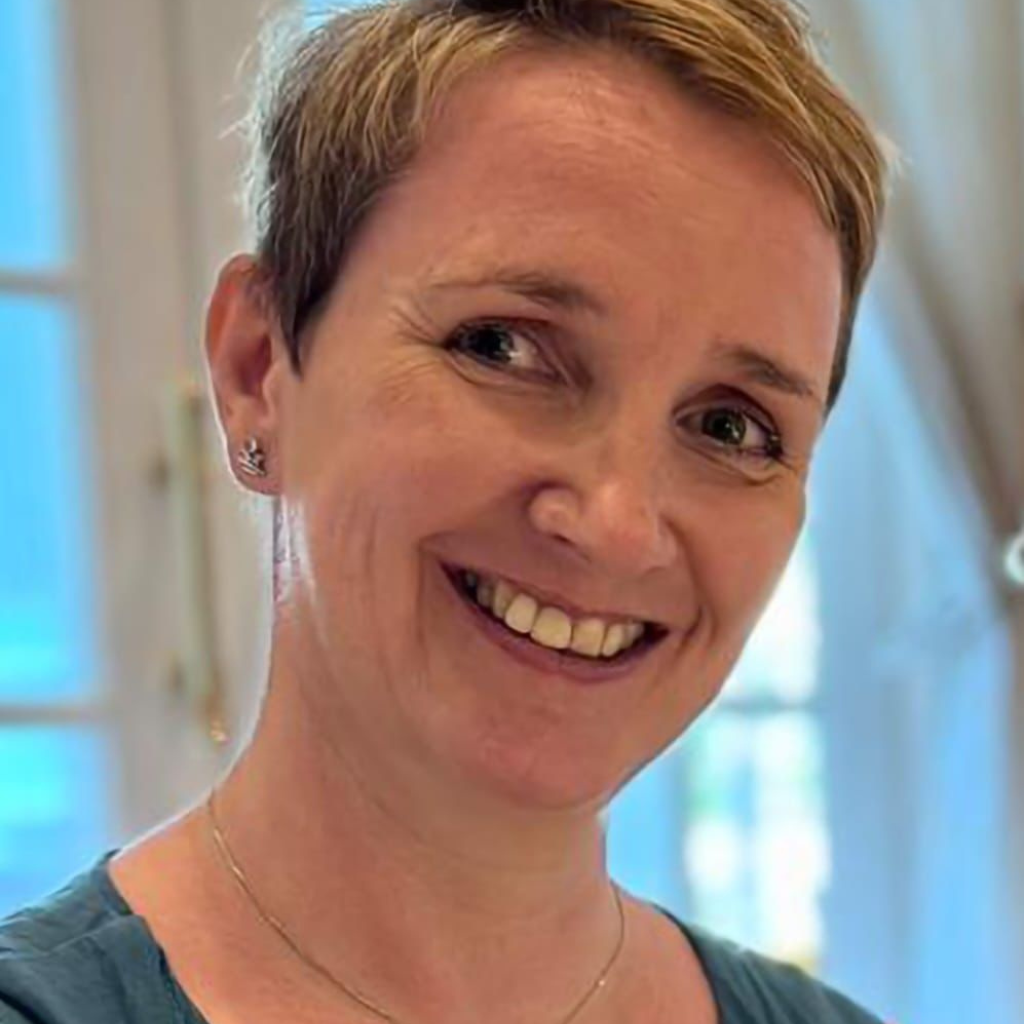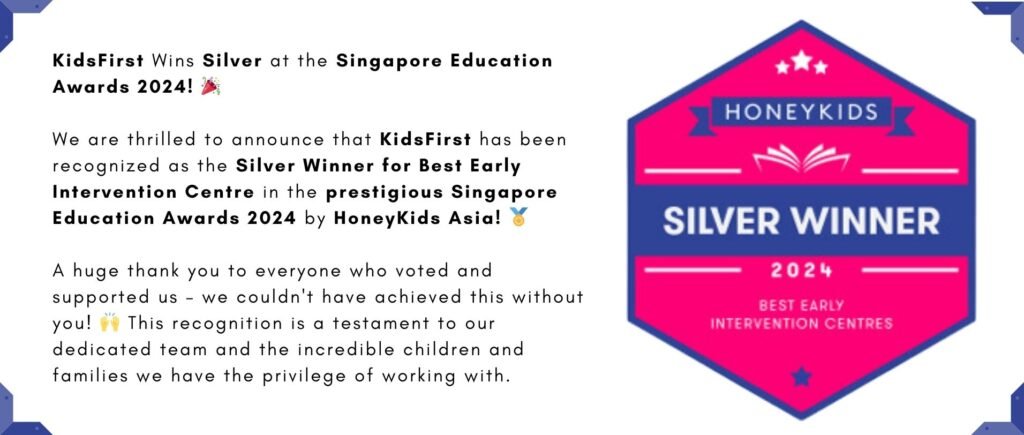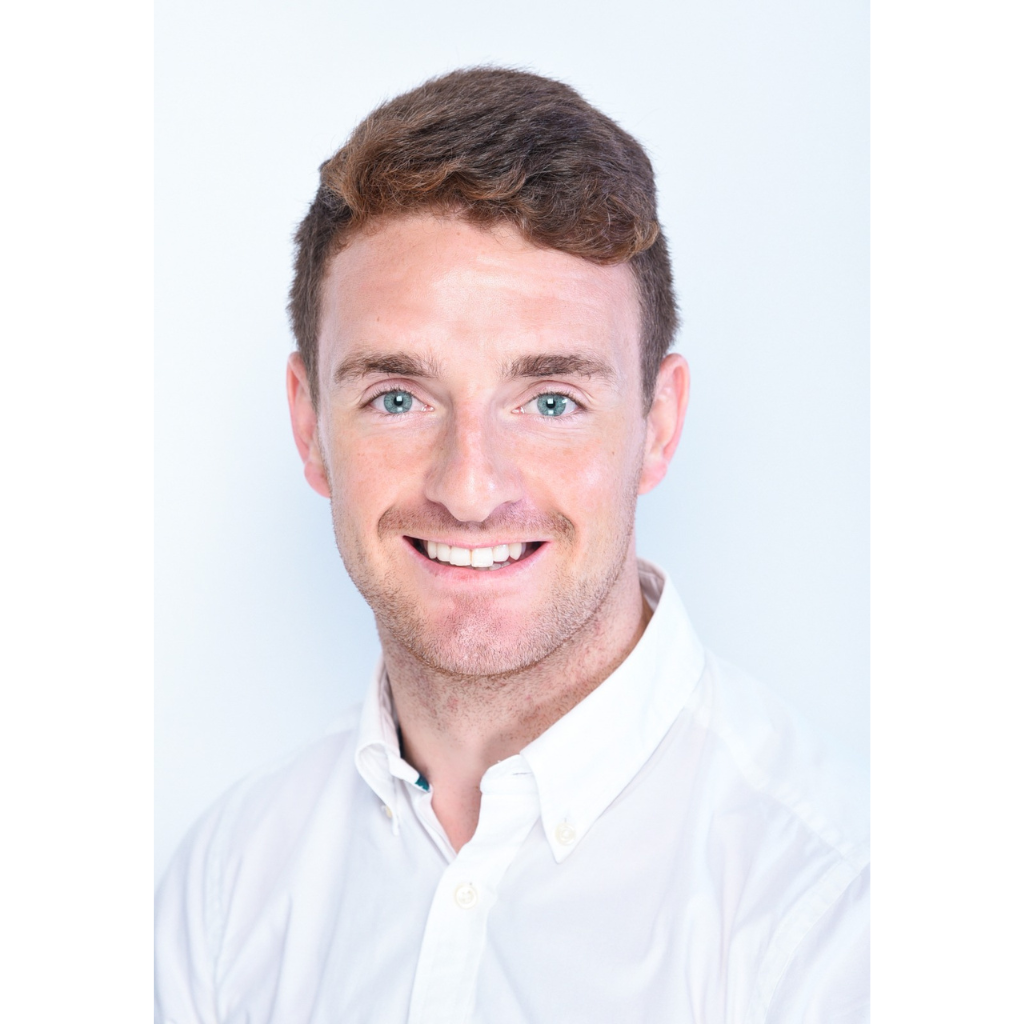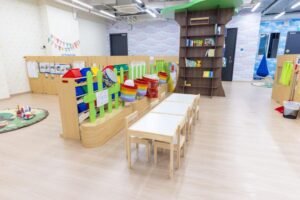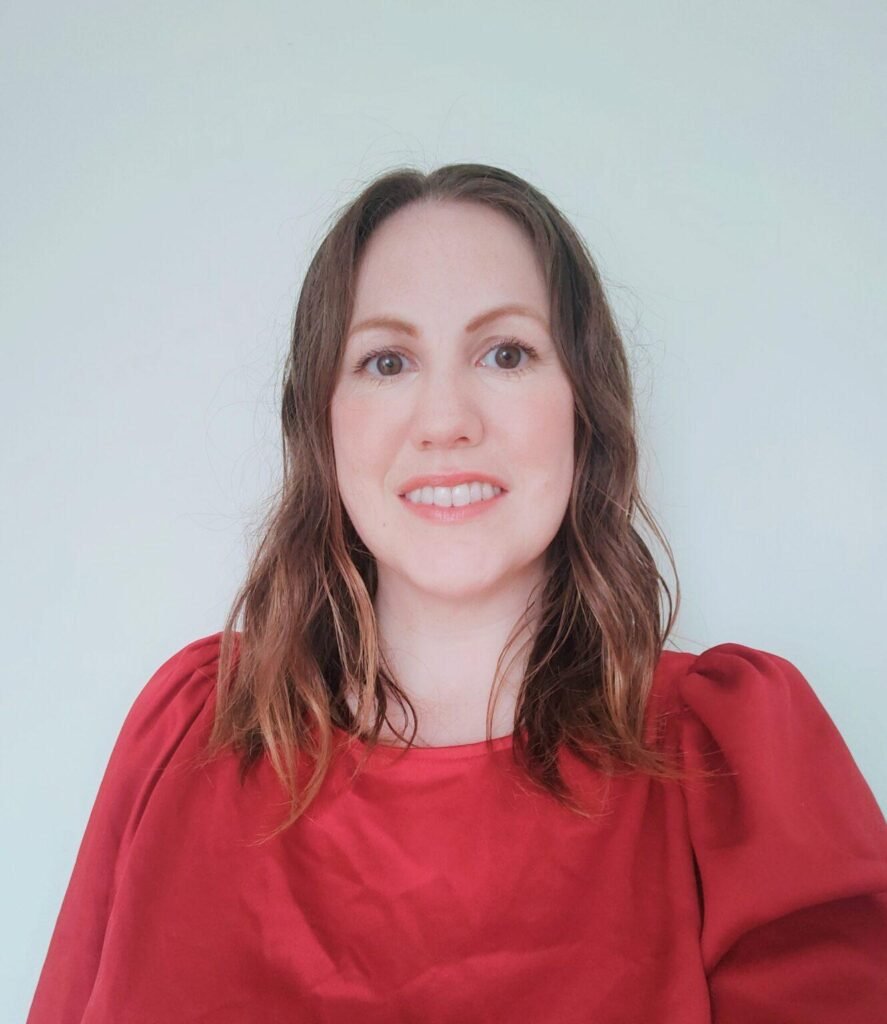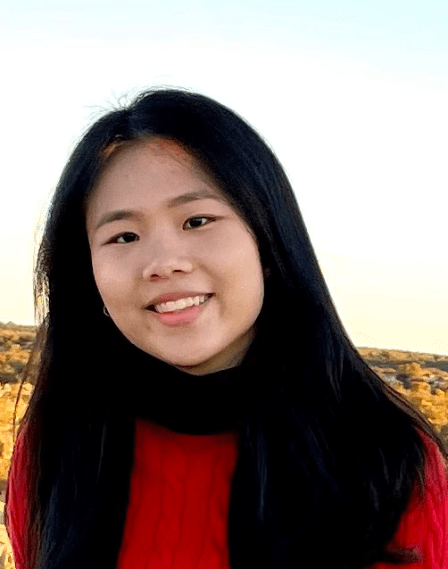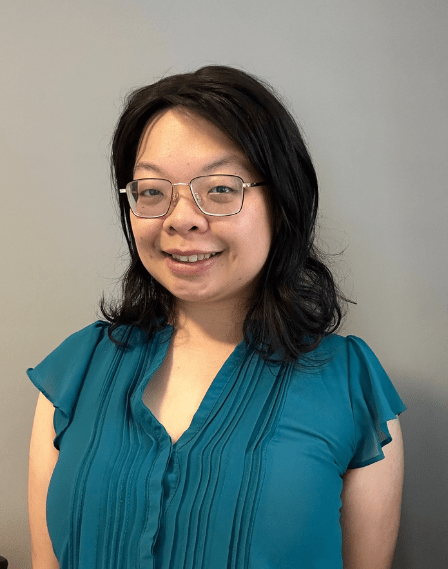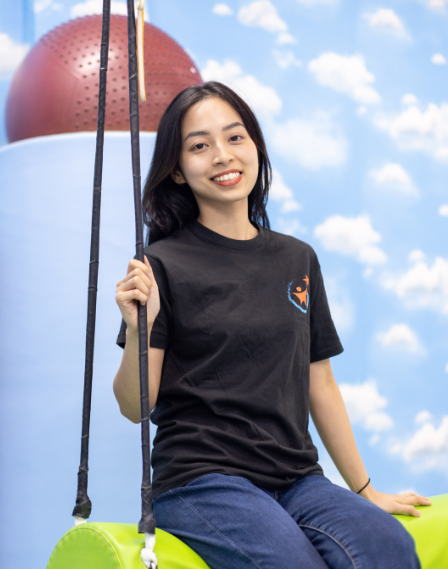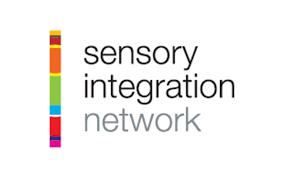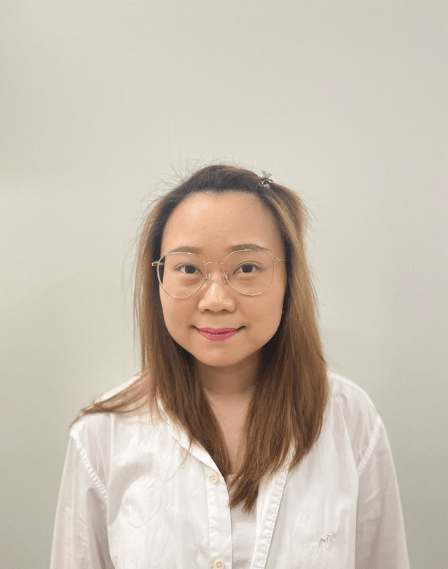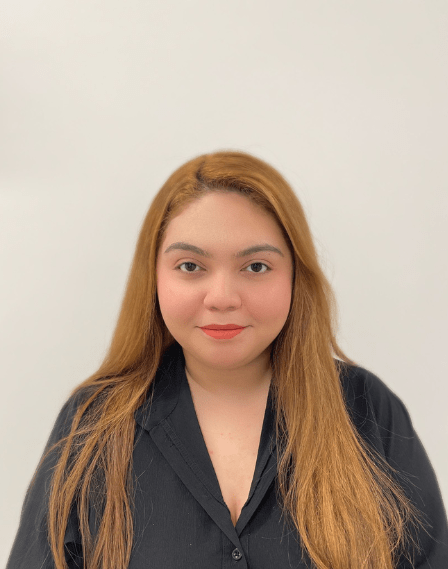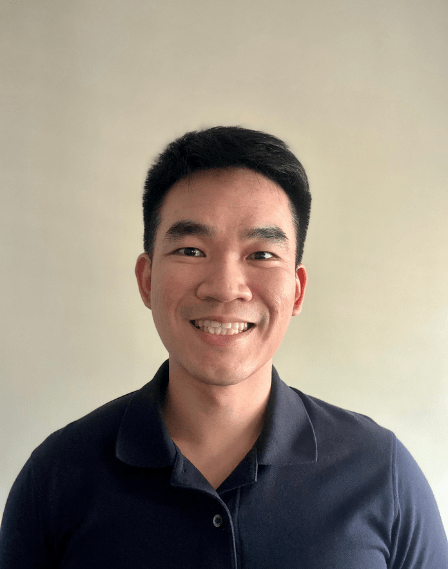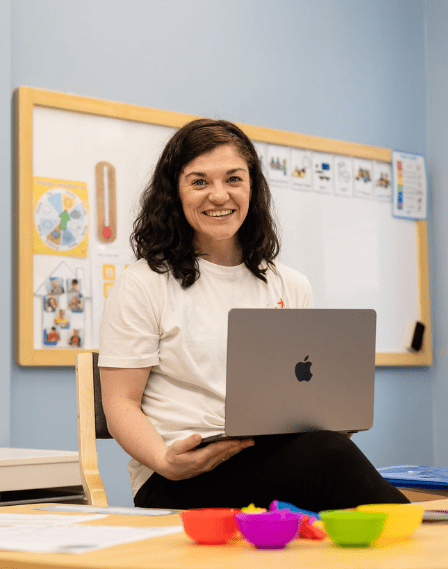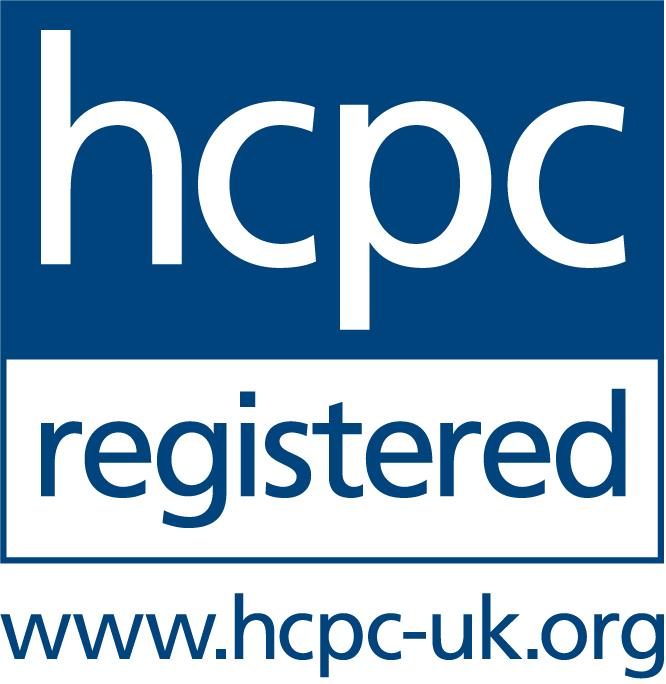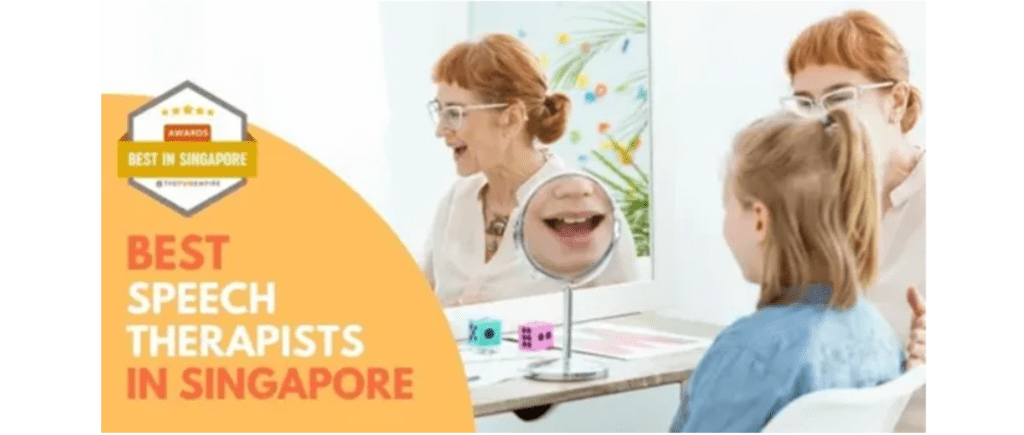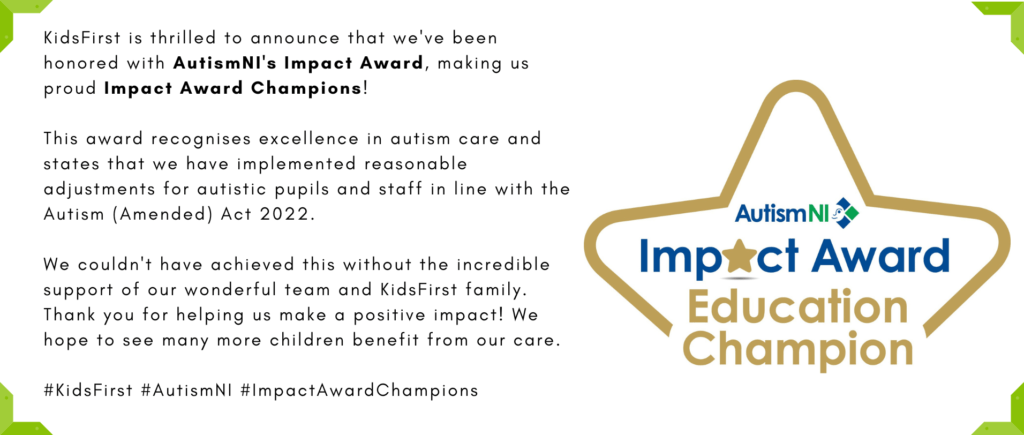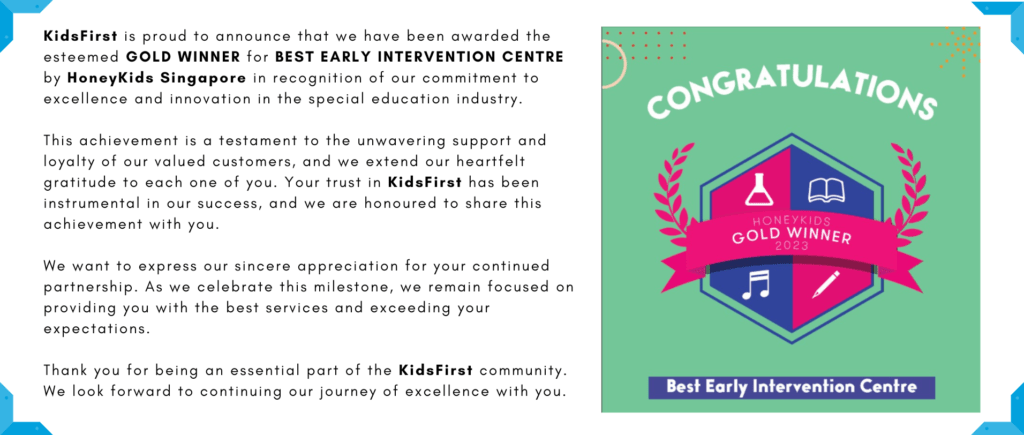Understanding the Overlooked Motor Challenges in Autism Spectrum Disorder
The World Health Organisation’s definition of Autism Spectrum Disorder is “Autism spectrum disorders (ASD) are a diverse group of conditions. They are characterized by some degree of difficulty with social interaction and communication. Other characteristics are atypical patterns of activities and behaviors, such as difficulty with transition from one activity to another, a focus on details, and unusual reactions to sensations. The abilities and needs of autistic people vary and can evolve.” As you can see this definition does not include the physical deficits or challenges that children with Autism face.
However, the prevalence of motor delay in children with Autism is much more common than previously thought. Evidence shows that children with Autism commonly have one or more motor disorders. Atypical motor functional issues including motor delay, motor deficit, and planning challenges can occur in children with Autism. These movement difficulties can impact a child’s physical performance, child’s academic performance, social relationships, independence with self-care, and peer participation. Many children with Autism present with restricted and repetitive behaviors, which can lead to learned atypical movements that can then lead to motor deficits.
Common Motor Difficulties in Children with Autism
Some of the characteristics of motor difficulties in children with Autism include, tip toe walking, hypotonia, weakness in core strength, gross motor planning difficulty, retaining of primitive reflexes, delay in gross motor milestones, low exercise tolerance, difficulties with vestibular input, confidence issues, poor visual scanning and depth perception and lack of awareness. We will discuss some of these topics within the
One of the most prevalent characteristics is tip-toe walking, the reasons for this are most often unknown but may be linked to one or more of the motor difficulties this could include; hypertonia (that causes tightness which in turn causes an inability for the heel to touch the ground) or hypotonia (low muscle tone causing instability at the ankle joint), impaired tactile processing (a low threshold for touch and sensation may), impaired joint pressure (the decreased surface area caused by tip toe walking creates increased sensory input as the pressure through the joints is minimised), poor integration of primitive reflexes (retention of reflexes can lead to an immature/stressed neurological system which may trigger a fight/flight state of arousal leading to toe walking, usually due to A retained Tonic labrinth reflex).
Low Muscle Tone and Core Weakness in Children with Autism: Implications and Solutions
Another characteristic seen commonly in children with Autism is low tone (hypotonia). It is estimated that 50% of children with Autism have low tone and are usually idiopathic. Some of the possible contributing factors can include birth trauma, genetic disorders, prenatal factors, or nervous system dysfunction. Muscle tone is the amount of “tension” in a muscle at rest. It is possible to have a normal tone that is slightly low or slightly high. Abnormal Low tone is when there is not enough tension in the muscle. This affects our body’s posture and ability to stay upright and function at a typical expectation. Muscle tone is controlled by the brain when the signals from the brain to the muscles are affected (reducing the flow of signals from the brain). This can’t be altered physically through exercise. However, we can work on muscle strength within physiotherapy. Muscle strength is our ability to switch on our muscles consciously to achieve a movement or action, this can be increased. Increasing our muscle strength can help to compensate for low muscle tone.
Weakness of the core muscles is another common characteristic in children with Autism, this can be due to a lack of development of milestones like crawling, atypical movement patterns that have developed through childhood, or hypotonia. This can lead to balance and coordination issues, tip-toe walking, postural issues, fatigue, gross motor task avoidance, poor fine motor skills, and difficulty transitioning from the floor.
Children with Autism are at risk of highly sedentary behaviors and a lack of physical activity. Motivation and engagement can be challenging. A common cause for low levels of physical activity includes low rate of participation, social communication, behavioral difficulties, physiological issues, sensory processing and lack of accessible and inclusive activities. Improving engagement in physical activity can improve independence, development of gross and fine motor skills, development of outdoor skills, ability to complete activities of daily living, development of age-appropriate milestones, improve endurance of activities like walking, aid with sleep development, and increase ability to join in with family activities.
Challenges in Gross Motor Planning for Children with Autism
Gross motor planning is the ability to execute specific movement tasks, which is a common difficulty experienced by children with Autism. Gross motor skills use our large muscles to perform actions like jumping, walking, and balancing. Fine motor skills use our small muscles to control our peripheries (hands, wrists, and feet). Coordination is the organisation and planning of movements, by our brain that allows us to move more efficiently. Once we learn how to do this, our actions become automatic. Gross motor planning is often learned through social activities, which is something that may be challenging for children with Autism. Task planning also requires the integration of information, children with autism find it difficult to integrate all the information required for task learning. This can mean that these children may use different, less efficient pathways, develop atypical movement patterns, and may require extra practice and guidance to coordinate new skills.
Importance of Early Physiotherapy Intervention
Children with autism may be delayed in their development of gross motor milestones. The development of age-appropriate gross motor milestones provides an important gateway to the development of more complex gross motor skills that develop throughout life. Developmental motor delay during early childhood can be a marker for the diagnosis of autism. Physiotherapy intervention at an early age can promote better outcomes for children with autism.
The physical difficulties that children with autism face are often not as obvious as the other deficits that they may experience. However, improving the physical deficits can positively impact the other factors. A physiotherapy assessment can uncover physical deficits and physiotherapy intervention can work to improve them, many different therapy interventions can help treat these issues including: treadmill training, kinesiology taping, electrical stimulation, dynamic movement therapy, resistance training, endurance training, active stretching, sensory integration, primitive reflex integration, gait re-education, functional activity practice, outdoor activity practice and many more. Please get in touch with Kidsfirst for your physiotherapy consultation.
















